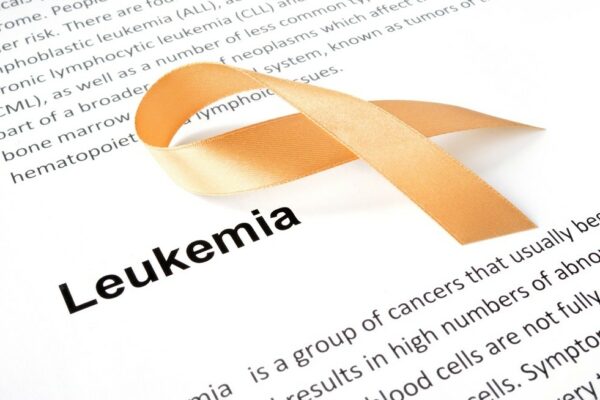
The ALLELE trial sought to evaluate the clinical efficacy and safety profile of tabelecleucel in the management of Epstein-Barr virus-associated post-transplant lymphoproliferative disease (EBV+ PTLD) following organ transplantation (SOT) or allogeneic haematopoietic cell transplantation (HCT) after failure of rituximab.1 The study findings reveal that tabelecleucel confers clinical benefit to these patients while maintaining a manageable safety profile.
Survival in EBV+ PTLD following HSCT or SOT is poor after failure of initial therapy, indicating an urgent need for therapies for this ultra-rare disease. With recent European marketing authorisation, tabelecleucel is the first off-the-shelf, allogeneic, EBV-specific T-cell immunotherapy to receive approval for the treatment of relapsed/refractory (R/R) EBV+ PTLD. This study aimed to determine the clinical benefit of tabelecleucel in patients with EBV+ PTLD following HSCT or SOT.2
Methods
This global, multicentre, open-label, phase III trial enrolled patients who had biopsy-proven EBV+ PTLD relapsed or refractory to rituximab (with or without chemotherapy) after HSCT or SOT. Patients received tabelecleucel administered intravenously at a dose of 2 × 106 cells per kg on days 1, 8, and 15 in 35-day cycles. The primary endpoint was the objective response rate (ORR). All patients who received at least one dose of tabelecleucel were included in safety and efficacy analyses.
Findings
This study included 43 patients, including fourteen who received prior HSCT and 29 who received SOT. The median follow-up was 14.1 months in the HSCT group and six months in the SOT group. In total, seven (50%) participants in the HSCT group and fifteen (52%) participants in the SOT group had an objective response. The most common grade 3 or 4 treatment-emergent adverse events (TEAEs) were disease progression (29% and 28% in the HSCT and SOT groups, respectively) and decreased neutrophil count (29% and four 14%). Treatment-emergent serious AEs were reported in 53% of the patients, and fatal TEAEs were reported in 12%. Importantly, there were no fatal TEAEs associated with treatment. Moreover, there were no reports of tumour flare reaction, cytokine release syndrome, immune effector cell-associated neurotoxicity syndrome, transmission of infectious diseases, marrow rejection, or infusion reactions. Additionally, no events of graft-versus-host disease or SOT rejection were reported as related to tabelecleucel.
Conclusions
Tabelecleucel provides clinical benefit in patients with R/R EBV+ PTLD, for whom there are no other approved therapies, without evidence of safety concerns seen with other adoptive T-cell therapies. These data represent a potentially transformative and accessible treatment advance for patients with this disease with few treatment options.2
REFERENCES